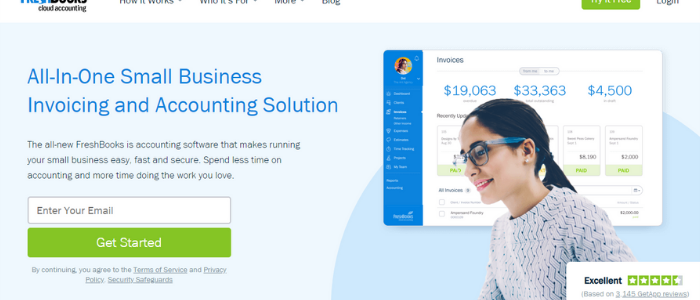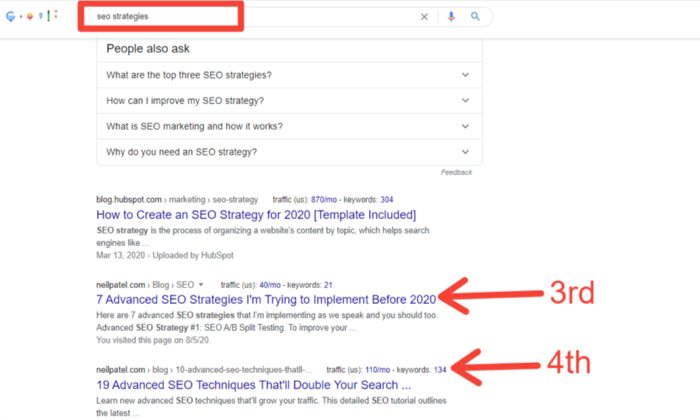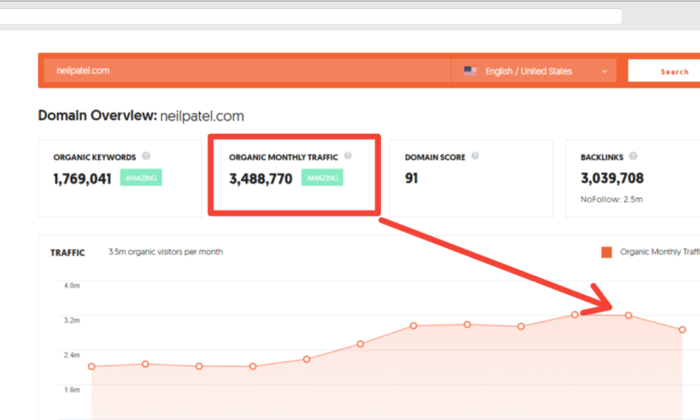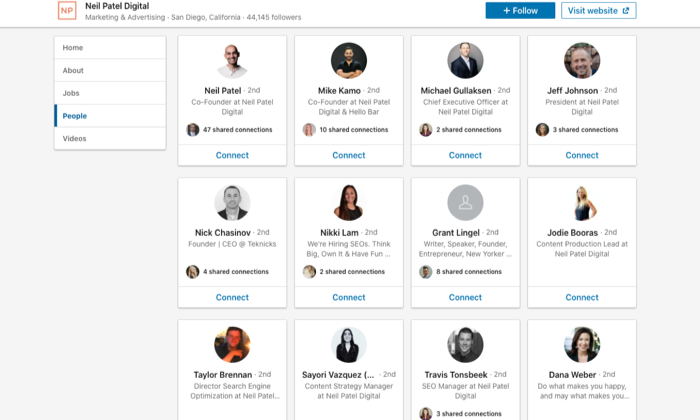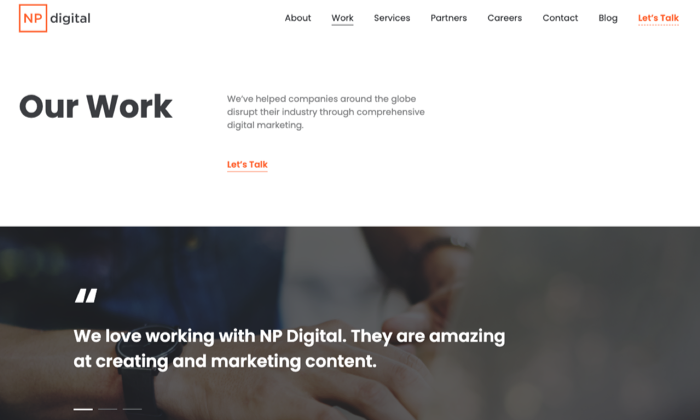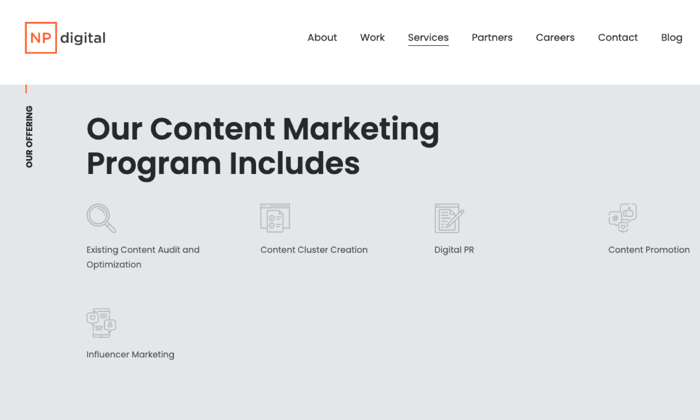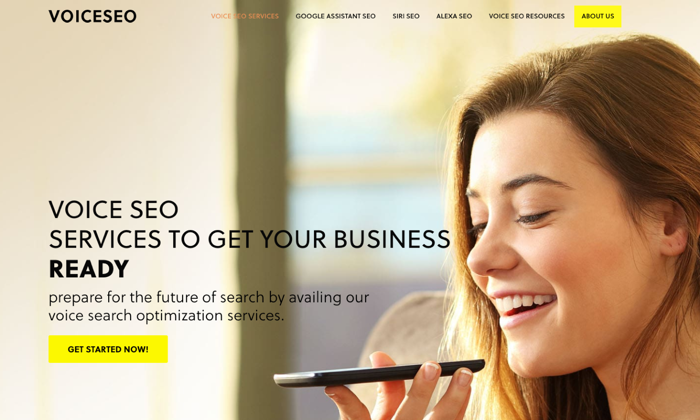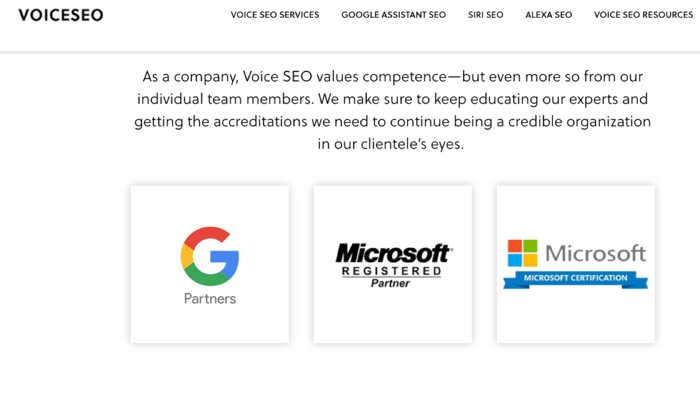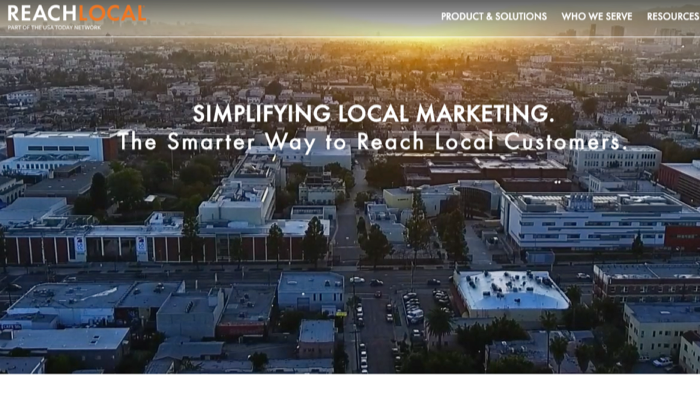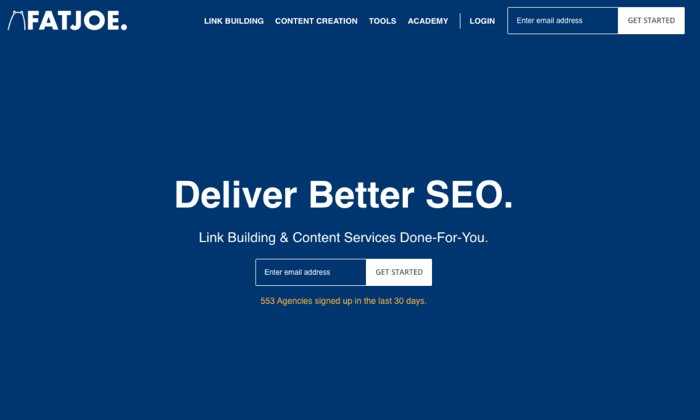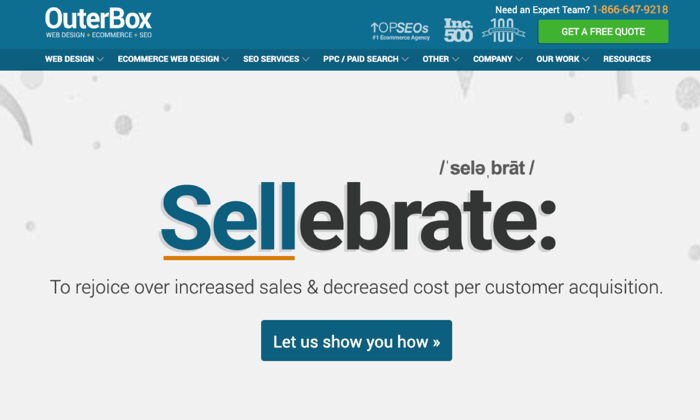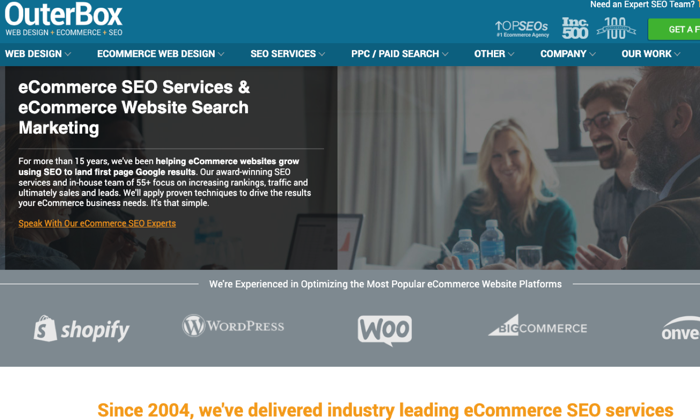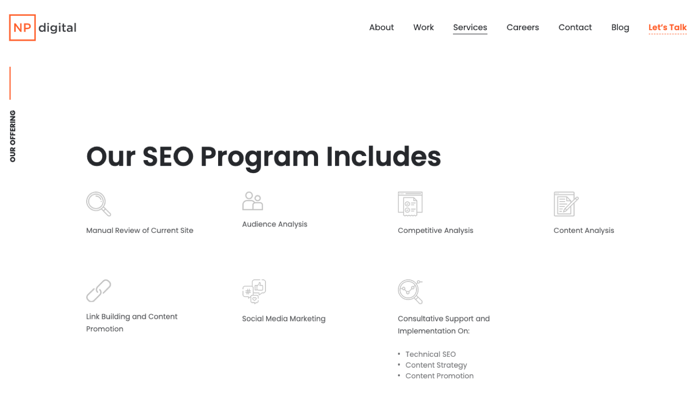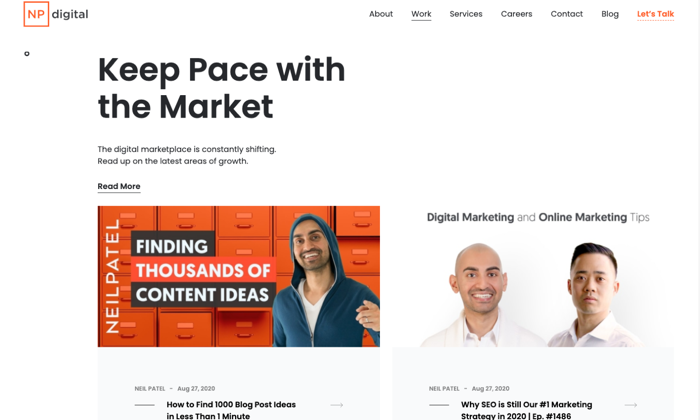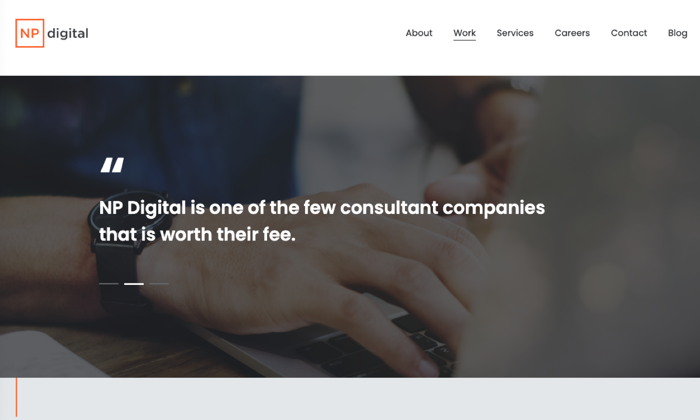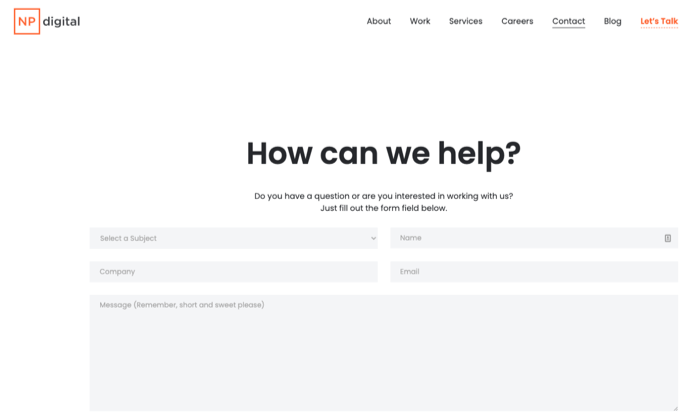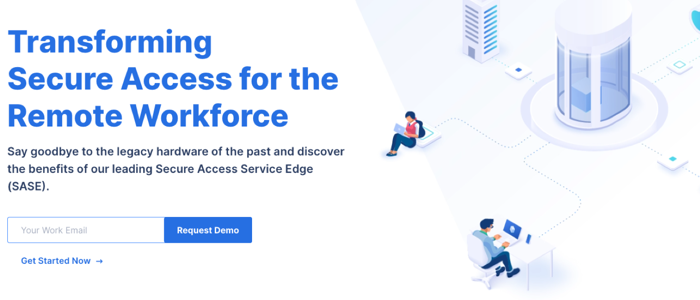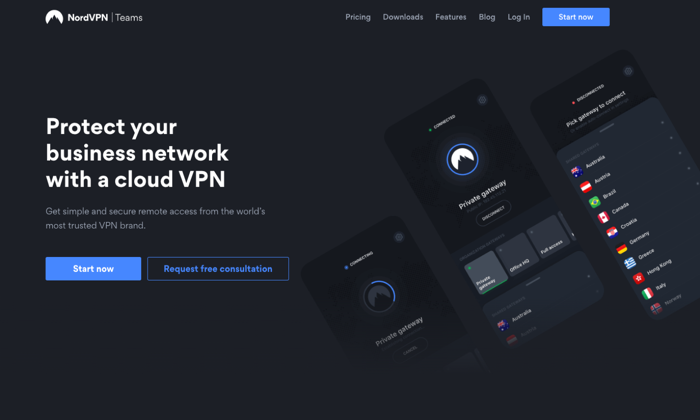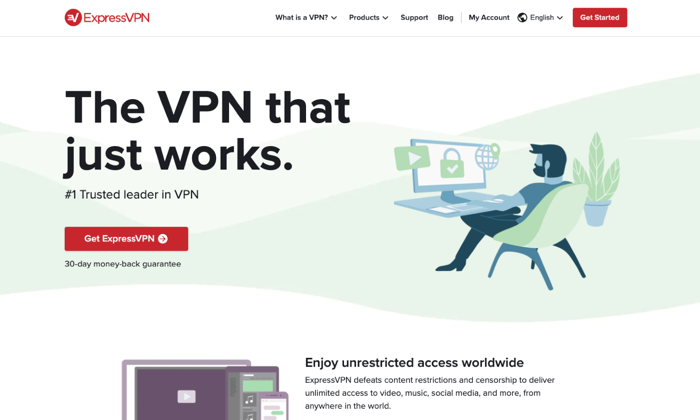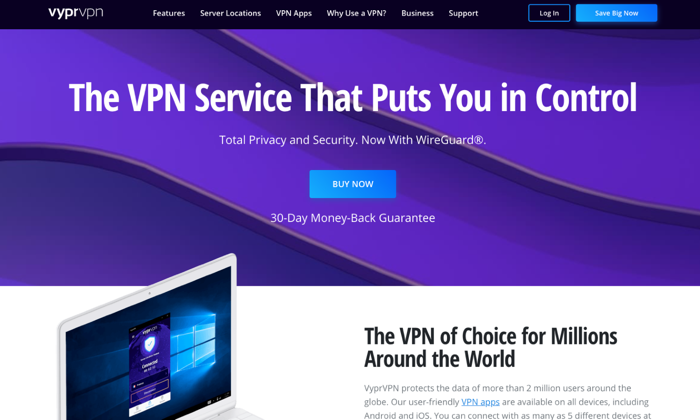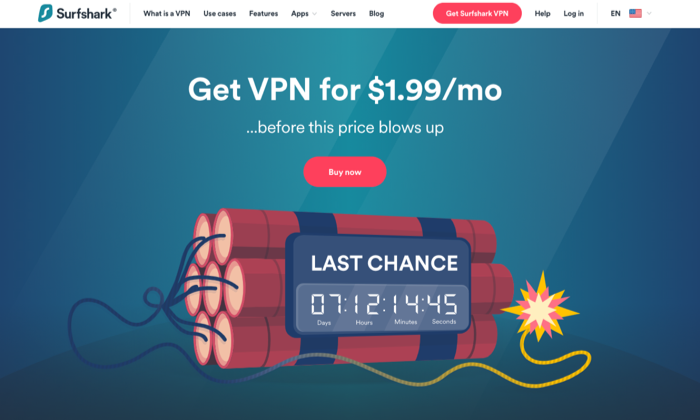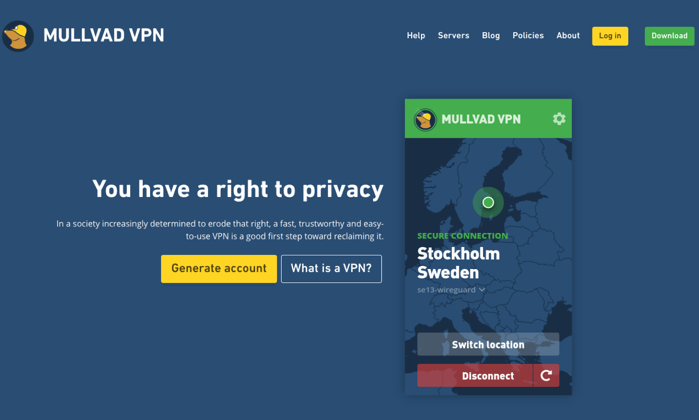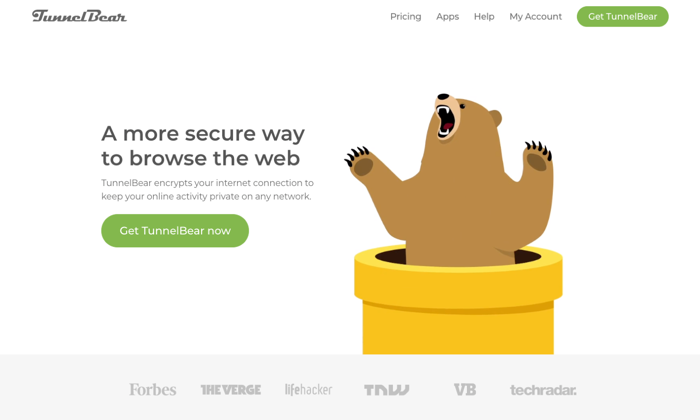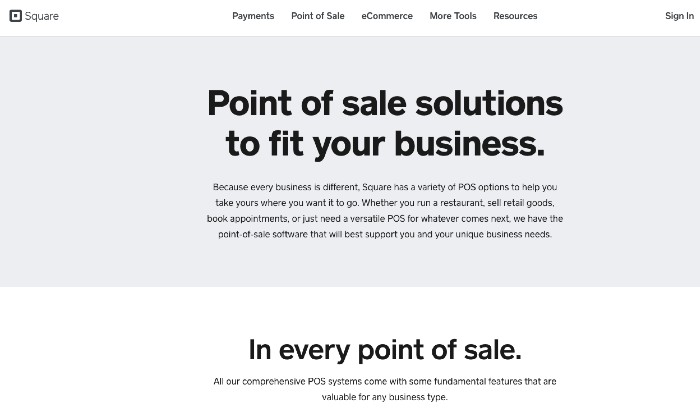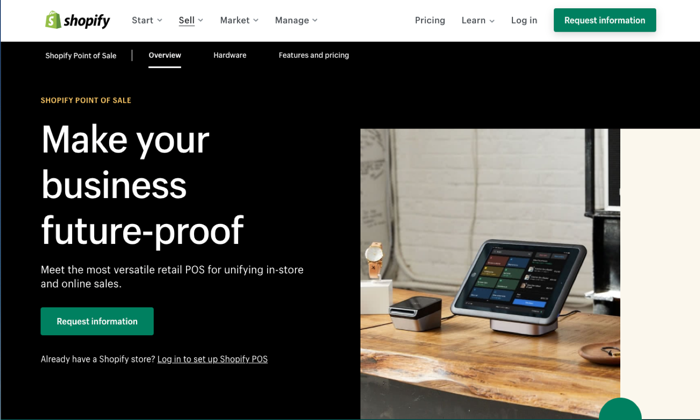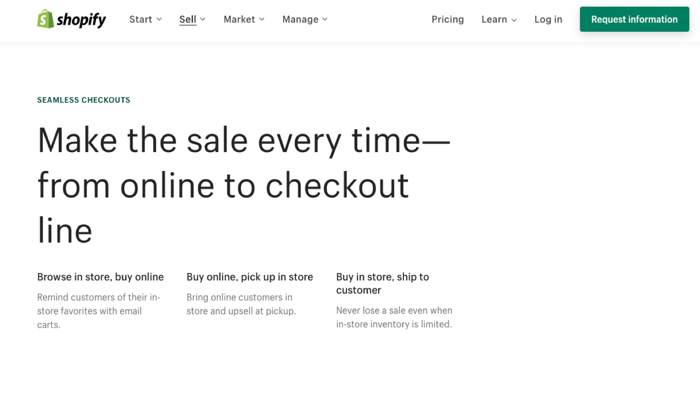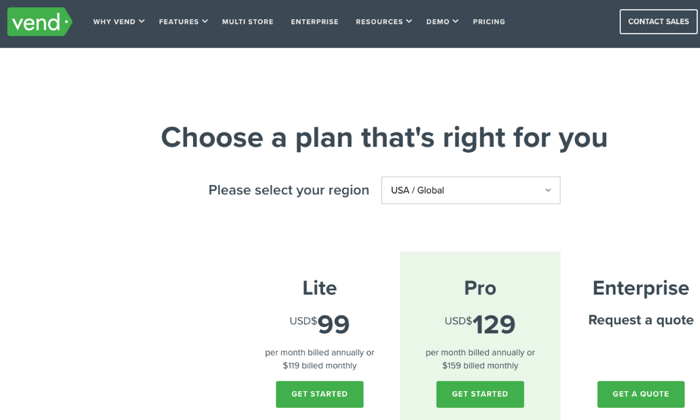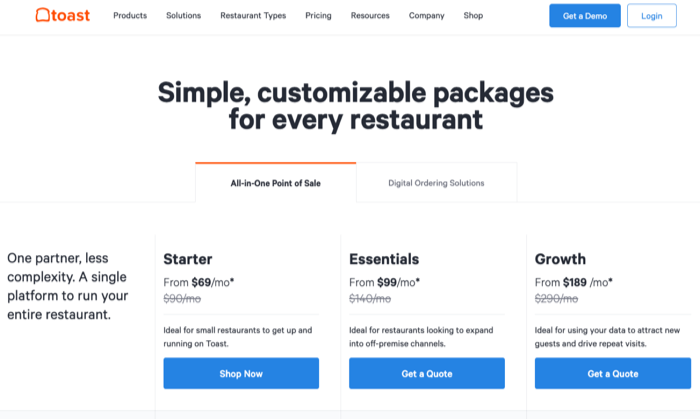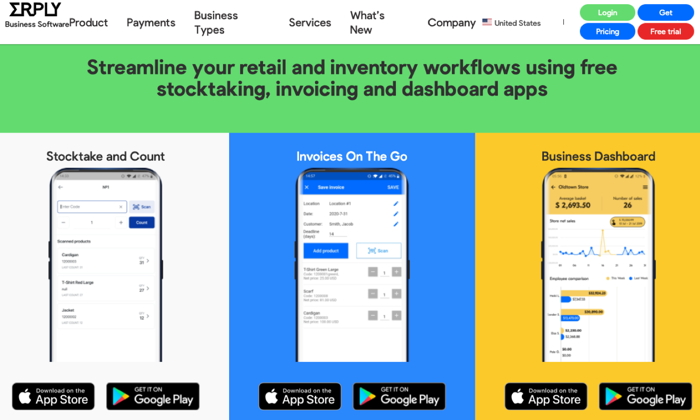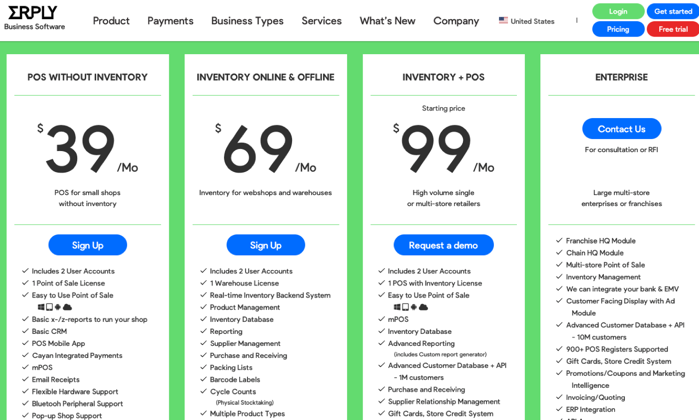Are you looking for a first credit card to build credit for your business? Your business credit does not come about by accident. You will have to build it – and business credit cards can be a huge help in getting you where you want to be.
Fortunately, there are choices out there. But keep in mind, a lot of them will hinge upon your personal credit scores. Good FICO scores will help you get a good first credit card to build credit for any company. But don’t worry – we also have some choices for when your personal credit is less than stellar.
The Very Best First Credit Card to Build Credit for a Business
We investigated a lot of company credit cards for you. So, here are our selections for the best first credit card to build credit for a business.
Per the SBA, company credit card limits are a massive 10 – 100 times that of personal credit cards!
This reveals you can get a lot more funding with corporate credit cards. And it likewise shows you can have personal credit cards at stores. So, you would now have an additional card at the very same stores for your small business.
And you will not need collateral, cash flow, or financials to get business credit.
Benefits
Benefits can and do differ. So, make sure to pick the benefit you would like from this choice of alternatives. There are a lot of ways to start building credit with business credit cards. So, open your mind and consider the myriad of possibilities.
First Credit Card to Build Credit for Fair to Poor Credit, Not Calling for a Personal Guarantee
Brex Card for Startups
Take a look at the Brex Card for Startups. It has no yearly fee.
You will not need to provide your Social Security number to apply. And you will not need to provide a personal guarantee. They will take your EIN.
But keep in mind, they do not accept every industry.
Also, there are some industries they will not work with, as well as others where they will want added paperwork. For a list, go here: https://brex.com/legal/prohibited_activities/.
To determine creditworthiness, Brex will check a business’s cash balance, spending patterns, and investors.
You can get 7x points on rideshare. And get 4x on Brex Travel. Also, you can get triple points on restaurants. And you can get double points on recurring software payments. Get 1x points on everything else.
So, you can have bad credit scores (even a 300 FICO) to qualify. Amazing!
Find it here: https://brex.com/lp/startups-higher-limits/
Establish business credit fast with our research-backed guide to 12 business credit cards and lines.
First Credit Card to Build Credit for Fair Credit
Capital One® Spark® Classic for Business
Have a look at the Capital One® Spark® Classic for Business. It has no yearly fee. There is no introductory APR offer. The regular APR is a variable 24.49%. You can earn unlimited 1% cash back on every purchase for your business, without any minimum to redeem.
While this card is within reach if you have fair credit, beware of the APR. Yet if you can pay on schedule, and in full, then it can be a good deal.
Find it here: https://www.capitalone.com/small-business/credit-cards/spark-classic/
First Credit Card to Build Credit with No Annual Fee
No Annual Fee/Flat Rate Cash Back
Ink Business Unlimited℠ Credit Card
Have a look at the Ink Business Unlimited℠ Credit Card. Beyond no annual fee, get an introductory 0% APR for the first 12 months. But after that, the APR is a variable 14.74 – 20.74%.
You can earn unlimited 1.5% Cash Back rewards on every purchase made for your company. And get $500 bonus cash back after spending $3,000 in the first three months from account opening. You can redeem your rewards for cash back, gift cards, travel and more via Chase Ultimate Rewards®. You will need exceptional credit to qualify for this card.
Find it here: https://creditcards.chase.com/business-credit-cards/ink/unlimited
Establish business credit fast with our research-backed guide to 12 business credit cards and lines.
First Credit Card to Build Credit with a 0% Introductory APR – Pay Zero!
Blue Business® Plus Credit Card from American Express
Check out the Blue Business® Plus Credit Card from American Express. It has no annual fee. There is a 0% introductory APR for the initial one year. But afterwards, the APR is a variable 14.74 – 20.74%.
Get double Membership Rewards® points on everyday business purchases like office supplies or client suppers for the initial $50,000 spent per year. Then get 1 point per dollar afterwards.
So, you will need good to excellent credit scores to qualify.
Find it here: https://creditcard.americanexpress.com/d/bluebusinessplus-credit-card/
American Express® Blue Business Cash Card
Also check out the American Express® Blue Business Cash Card. Note: the American Express® Blue Business Cash Card is identical to the Blue Business® Plus Credit Card from American Express. However its rewards are in cash as opposed to points.
Get 2% cash back on all eligible purchases on up to $50,000 per calendar year. But after that get 1%.
It has no yearly fee. There is a 0% introductory APR for the first twelve months. But after that, the APR is a variable 14.74 – 20.74%.
So, you will need good to excellent credit to qualify.
Find it here: https://creditcard.americanexpress.com/d/business-bluecash-credit-card/
First Credit Card to Build Credit for Cash Back
Flat-Rate Rewards and No Yearly Cost
Discover it® Business Card
Take a look at the Discover it® Business Card. It has no annual fee. There is an introductory APR of 0% on purchases for one year. But then the regular APR is a variable 14.49 – 22.49%.
You can get unlimited 1.5% cash back on all purchases, with no category restrictions or bonuses. They double the 1.5% Cashback Match™ at the end of the first year. There is no minimum spend requirement.
You can download transactions| quickly to Quicken, QuickBooks, and Excel. Keep in mind: you will need great to excellent credit scores to get approval for this card.
https://www.discover.com/credit-cards/business/
Bonus Categories
Ink Business Cash℠ Credit Card
Take a look at the Ink Business Cash℠ Credit Card. It has no yearly fee. There is a 0% introductory APR for the initial 12 months. Afterwards, the APR is a variable 14.74 – 20.74%. You can get a $500 one-time cash bonus after spending $3,000 in the first three months from account opening.
You can earn 5% cash back on the initial $25,000 spent in combined purchases at office supply stores and on web, cable, and phone services each account anniversary year.
Get 2% cash back on the initial $25,000 spent in combined purchases at gasoline stations and restaurants each account anniversary year. Get 1% cash back on all other purchases. There is no limitation to the amount you can earn.
So, you will need superb credit to receive this card.
Find it here: https://creditcards.chase.com/business-credit-cards/ink/cash?iCELL=61GF
Establish business credit fast with our research-backed guide to 12 business credit cards and lines.
Boosted Cash Back Categories
Bank of America® Business Advantage Cash Rewards MasterCard® credit card
Take a look at the Bank of America® Business Advantage Cash Rewards MasterCard® credit card. Get an 0% introductory APR for the first 9 billing cycles of the account. Afterwards, the APR is 13.74% – 23.74% variable. There is no annual fee. You can get a $300 statement credit offer.
Get 3% cash back in the category of your choice. So these are gas stations (default), office supply stores, travel, TV/telecom & wireless, computer services or business consulting services. Get 2% cash back on dining. So this is for the initial $50,000 in combined choice category/dining purchases each calendar year. After that get 1% after, with no limits.
So, you will need superb credit to qualify.
Find it here: https://promo.bankofamerica.com/smallbusinesscards2/
First Credit Card to Build Credit with Flexible Financing
The Plum Card® from American Express
Have a look at the Plum Card® from American Express. It has an initial yearly fee of $0 for the first year. After that, pay $250 each year.
Get a 1.5% early pay discount cash back bonus when you pay within 10 days. You can take up to 60 days to pay without interest when you pay the minimum due by the payment due date.
So, you will need good to superb credit to qualify.
Find it here: https://creditcard.americanexpress.com/d/the-plum-card-business-charge-card/
Business Credit Cards for Jackpot Rewards That Never Expire
Capital One® Spark® Cash Select for Business
Take a look at the Capital One® Spark® Cash Select for Business. It has no yearly fee. You can get 1.5% cash back on every purchase. There is no limit on the cash back you can earn. And earn a one-time $200 cash bonus once you spend $3,000 on purchases in the first three months. Your rewards will never expire.
Pay a 0% introductory APR for 9 months. Then pay 14.49% – 22.49% variable APR afterwards.
So, you will need good to exceptional credit to qualify.
Find it here: https://www.capitalone.com/small-business/credit-cards/spark-cash-select/
The Very Best First Credit Card to Build Credit for Your Business
Your outright ideal first credit card to build credit for your business will depend upon your credit history and scores.
Only you can pick which features you want and need. So, always make sure to do your research. Because what is outstanding for you could be devastating for another person.
And, as always, make sure to establish credit in the advised order for the best, quickest benefits.
The post Get the Best First Credit Card to Build Credit appeared first on Credit Suite.












